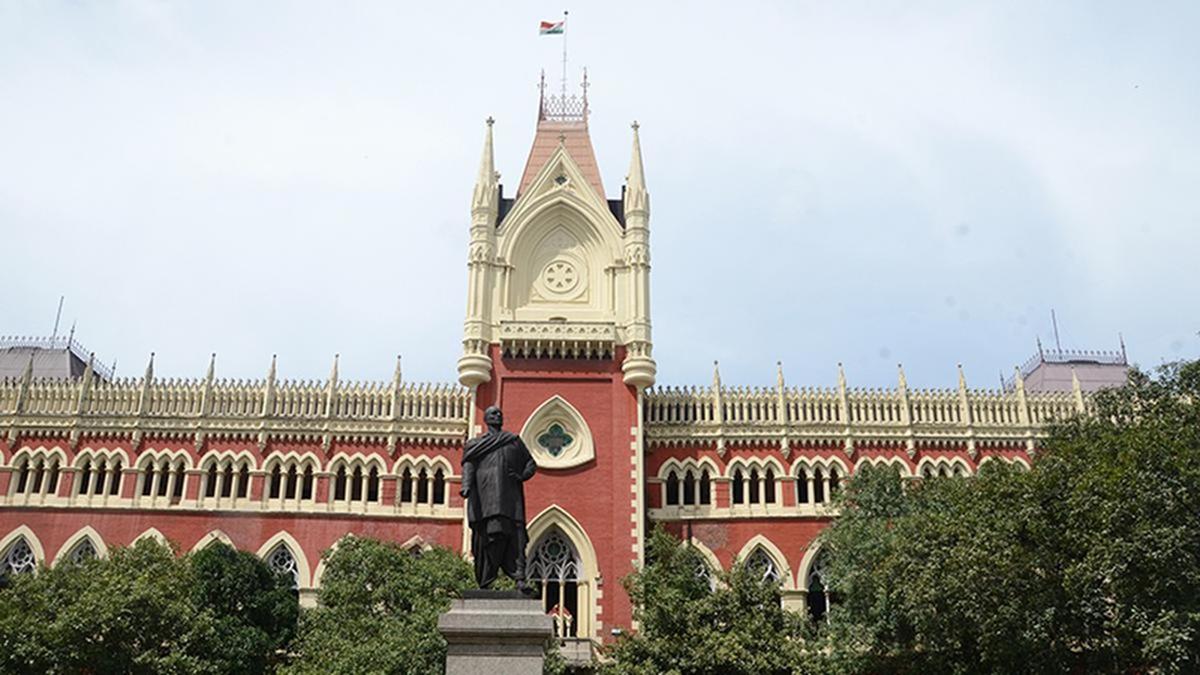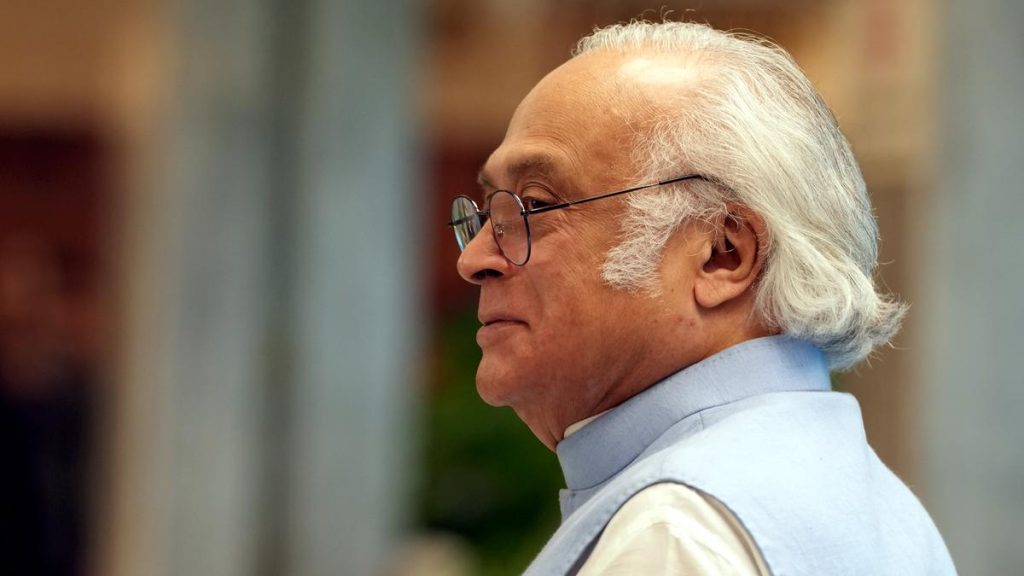Now Reading: Calcutta High Court Rejects Teachers’ Plea on SSC Recruitment Rules
-
01
Calcutta High Court Rejects Teachers’ Plea on SSC Recruitment Rules
Calcutta High Court Rejects Teachers’ Plea on SSC Recruitment Rules

Quick Summary
- The Calcutta High Court dismissed petitions from ‘untainted’ teachers regarding the West Bengal School Service Commission (WBSSC) 2025 recruitment.
- Petitioners objected to reduced subject seats and stricter eligibility criteria, which they claim disadvantages candidates who passed earlier exams in 2016.
- The division bench upheld Justice Saugata Bhattacharya’s previous ruling that mandated removal of tainted candidates but did not intervene further in WBSSC’s new hiring process.
- Teachers allege unfair treatment as special B.Ed. degree holders and low scorers are excluded from applying, and some subjects are no longer available under the 2025 guidelines, despite having secured jobs earlier.
- Representatives criticized WBSSC being tasked with conducting rehiring after allegations of corruption during its previous tenure, expressing concerns about the integrity of this process.
- State lawyer kalyan Banerjee hailed the verdict as a victory for West Bengal and noted experienced teachers will gain a 10-mark advantage in this fresh recruitment cycle.
- Approximately 26,000 appointments made during the disputed 2016 panel were canceled by supreme Court due to irregularities; current court rulings uphold this decision while allowing untainted teachers temporary employment until Dec. 31 or until new hiring concludes.
Indian Opinion Analysis
The Calcutta High Court’s dismissal reflects judicial deference to procedural reforms initiated by state authorities amidst widespread allegations of corruption in past WBSSC recruitments. For India’s education sector, this judgment underscores two critical issues: accountability within public service commissions and safeguarding vested rights of previously employed individuals who were technically ‘untainted.’
While prioritizing fairness is commendable-evident through advantages like bonus marks for prior experience-the exclusionary nature of eligibility revisions (such as heightened academic standards) risks alienating capable educators who served diligently under disputed conditions for years. Moreover, delegating oversight responsibility back to WBSSC raises legitimate trust concerns given its alleged failures during earlier cycles.resolving such disputes not only demands openness but robust systemic reform to prevent recurring scenarios where educators face career insecurity due to administrative lapses or corruption at institutional levels.
For read more: The Hindu
























